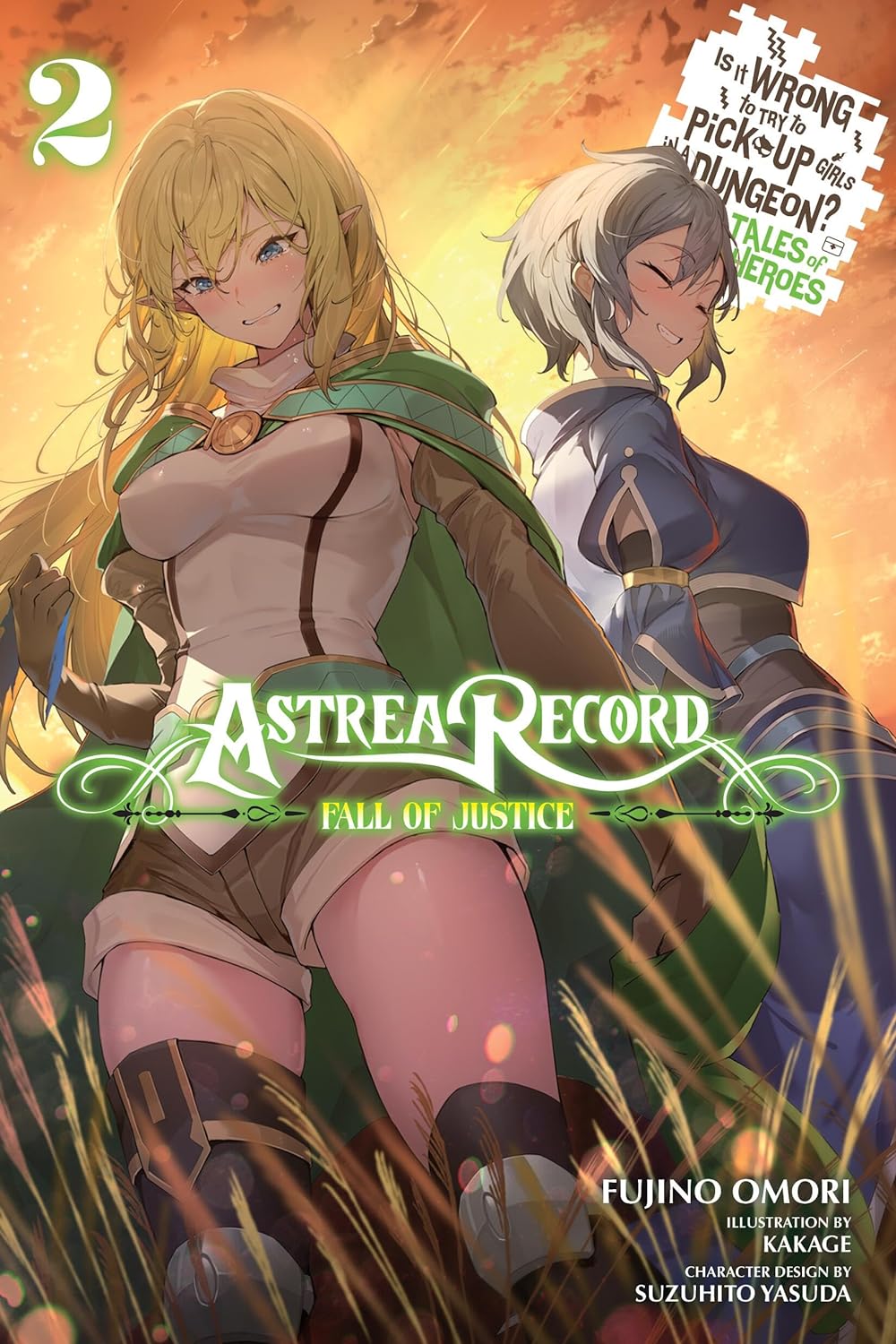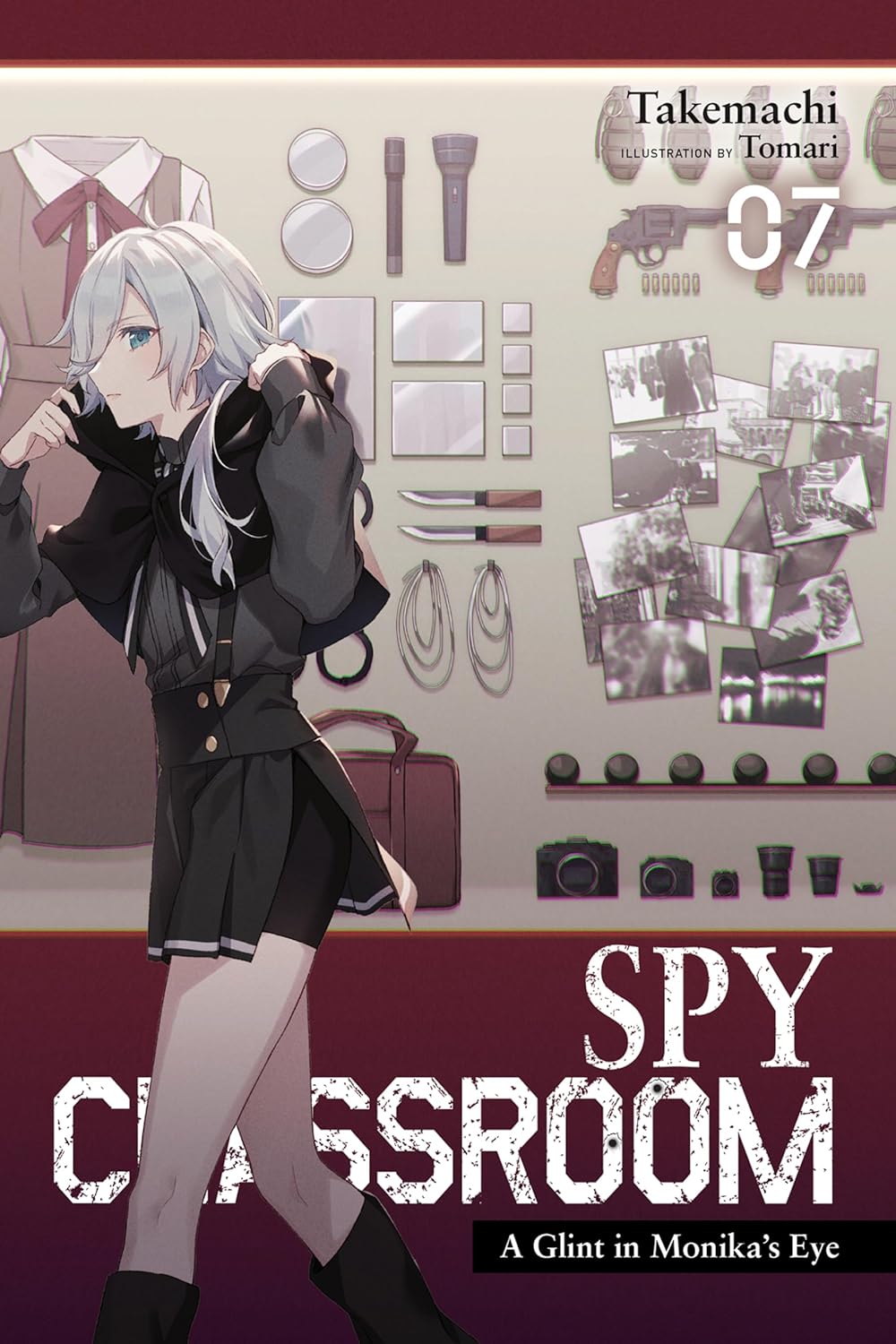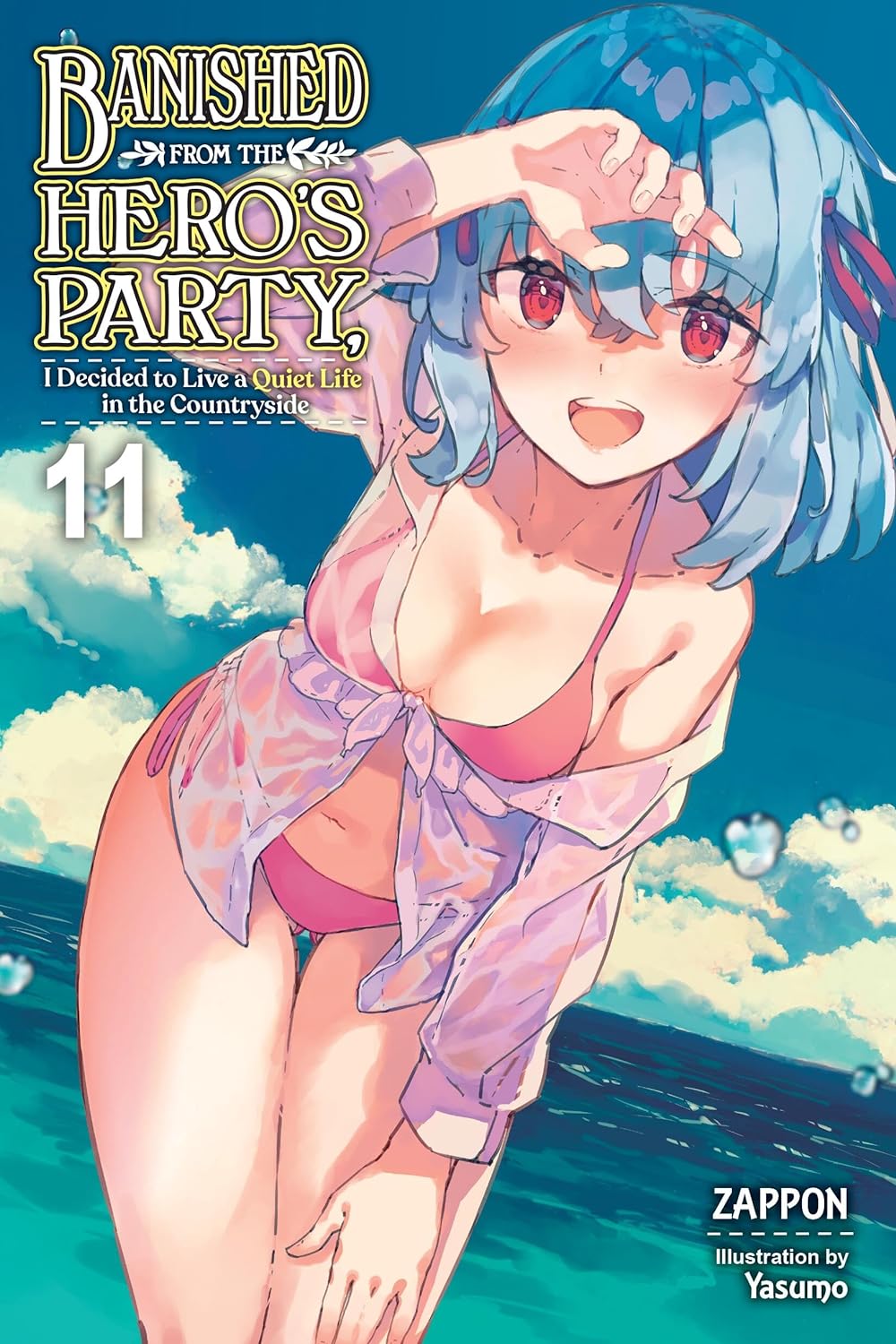By Fujino Omori and Kakage. Released in Japan as “Astrea Record Dungeon ni Deai o Motomeru no wa Machigatte Iru Darou ka?” by GA Bunko. Released in North America by Yen On. Translated by Jake Humphrey.
I hate to break it to the author of this series, but the core readership are not 15-year-olds. They, I think, would get the most out of Lyu’s angsty rage and Erebus’ ridiculous trolley problems. The core audience of this series are the ones who have followed it since it began, which means my guess is most are in their thirties. And those folks might find Lyu’s emo teen phase just a little annoying. Or indeed a lot annoying. It’s very true to teenage life, I will admit, but I mean, having Lyu throw a shitfit is baked into her backstory already, do we really need for it to happen again, especially in a novel based on a game story that cannot actually affect canon? Fortunately, there are good parts to this book, including several rousing speeches. But honestly, if you want a light novel version of the “yet you participate in society! Curious. I am very intelligent!” cartoon by Matt Bors, you’re in the right place.
The cover shows Lyu looking down at the ground, despondent and despairing. Behind her is Ardee, who is smiling broadly, possibly as she’s dead and therefore doesn’t have to be in this book. Ardee’s death weighs heavily on a lot of people in this book, and she’s not the only one who’s died. The Evils are on the loose, and their goal is to make the adventurers give up. Lyu, being one of the shiniest and most idealistic of them, is the perfect breaking point, so Erebus is determined to break her. In the meantime there’s tons of fights, deaths,. gore and despair, but also some really cool life-saving, desperately never giving up, and some strong speeches by Finn, who has either been reading Churchill or Henry V. Who will win? (This is a prequel taking place 7 years before the series begins. We know who will win. And yet.)
There is one point in this volume that is easily the best by far, and it’s when Lyu, who is acting like a child, runs into 9-year-old Ais, a literal child, and the two of them have what is basically the sword version of a slapfight. I especially love Riveria, who stops the fight not by yelling at them, or by getting in between them, but by bonking Ais on the top of the head like she’s in Yotsuba&!. It was a lovely break from the rest of the volume, which is made up of half “Become vengeance, Lyu. Become wrath.” and half “I know you’re still in there so fight, damn you!” Astrea Familia gets a lot of time on the page, but I’d argue that the stronger moments go to the characters we know from the main series. There’s nothing wrong with Astrea’s folks, they’re just don’t have the raw impact of, say, Syr cheering them up while also handing out soup to everyone (a moment that works even better after the events of Book 18).
There’s one more to go, and hopefully we’ll get some answers about the Zeus and Hera bad guys, because let me tell you, I do not give two shits about any of the other villains. Still worth it for Danmachi fans, but prepare to be frustrated.



